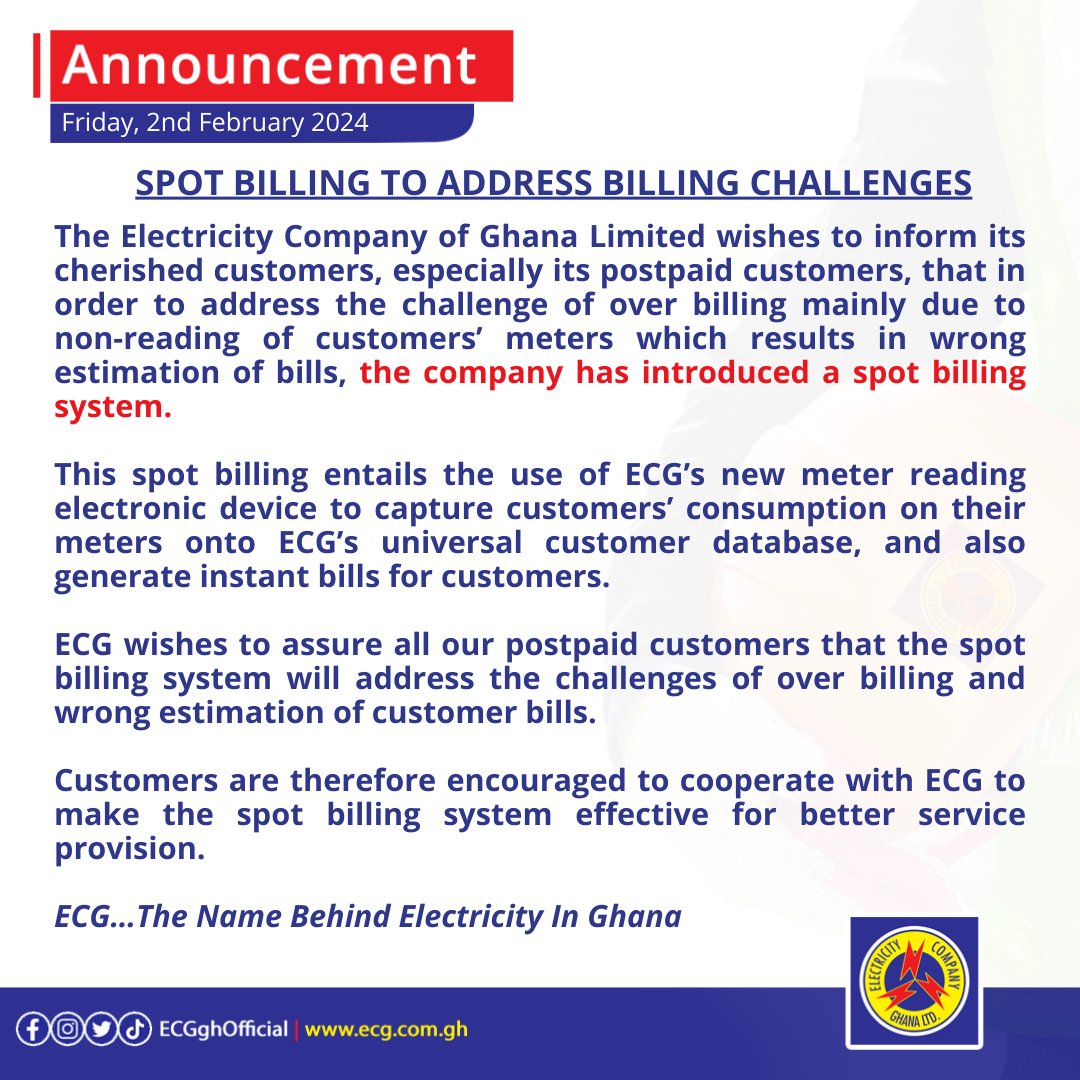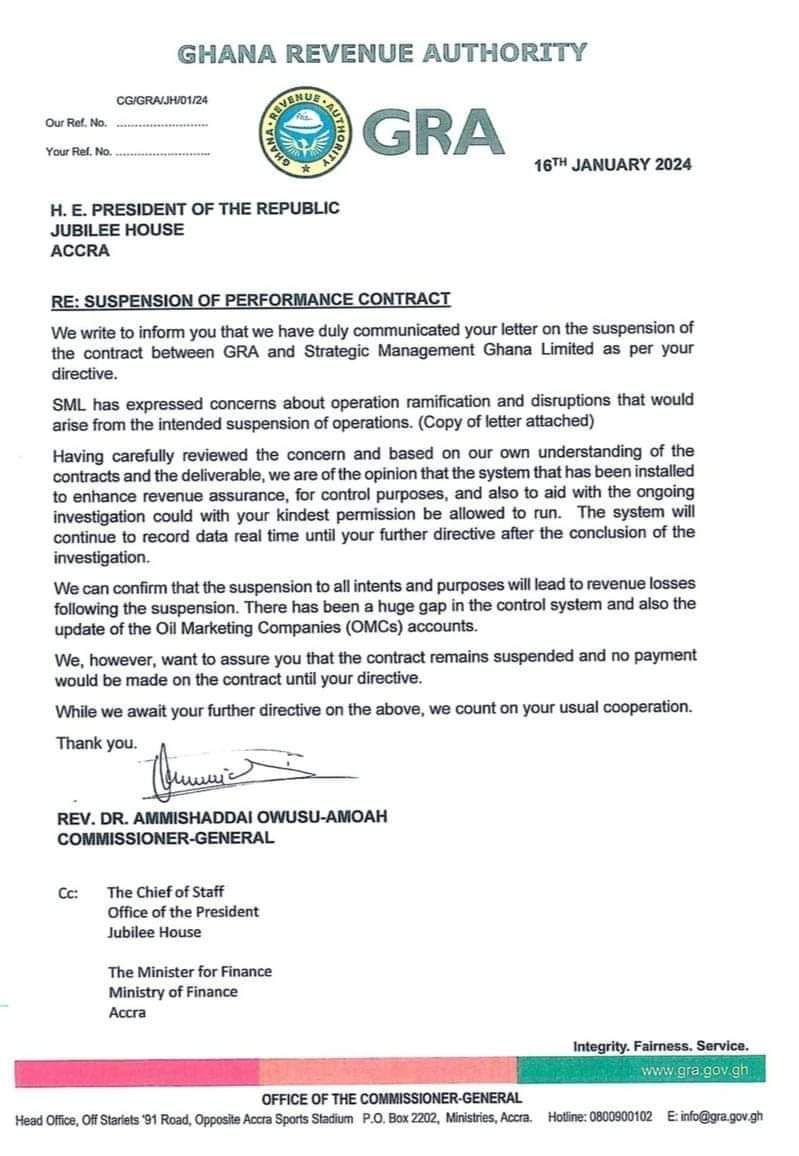
A recent audit report by PricewaterhouseCoopers (PwC) reveals how the Electricity Company of Ghana (ECG) is grappling with operational inefficiencies with management of over 80 active bank accounts.
This decentralised financial structure hampers transparency and accountability, directly contravening International Monetary Fund (IMF) conditionalities tied to Ghana’s financial support programme.
READ: U.S. Senator demands Ghana repay $251m debt to American firms before IMF loan approval
Decentralisation of bank accounts undermines efficiency at ECG
PwC’s audit highlights that ECG’s fragmented financial systems make reconciliation and cash flow management difficult.
The company’s reliance on multiple accounts contravenes the Ministry of Finance’s directive to consolidate revenue collections into a single account.
This directive, which aligns with IMF recommendations, aims to enhance financial transparency and streamline operations within state-owned enterprises.

PwC’s report also noted, “indicated that all funds from the district and regional accounts are transferred to the 14 head office accounts at the end of each month”. However, the report maintains that, this could explain GHS 490 million discrepancy between the figures reported from their analysis and those reported by ECG.
READ: PwC audit report uncovers GHS 567 million revenue discrepancy at ECG
According to the PwC report, this fragmented approach to banking leads to inefficient reconciliation processes which increase the risk of unaccounted funds, cash flow management issues which disrupt payments to independent power producers (IPPs) and other stakeholders and eroded confidence in ECG’s ability to manage revenues effectively is eroded.
The inefficiencies also disrupt the Cash Waterfall Mechanism (CWM), which was designed to equitably allocate revenues among sector stakeholders.
Without accurate and timely financial reporting, the CWM’s functionality is compromised, further exacerbating Ghana’s energy sector debt crisis, which now exceeds GHS 8 billion.
To address these challenges, PwC has proposed several key recommendations in their report. These recommendations include
- Account consolidation: ECG must transition to a single revenue collection account to reduce administrative complexity and enhance oversight.
- Automated reconciliation: Implementing real-time reconciliation systems can improve cash flow management and minimise discrepancies.
- Capacity building: Training ECG staff in modern financial management practices is essential to foster accountability and efficiency.
- Periodic audits: Regular third-party audits can help identify and rectify gaps in financial oversight.
With public scrutiny intensifying on ECG’s operations and power delivery challenges, Ghanaian wait with bated breaths to see who the new president, John Dramani Mahama will appoint to take the helms of the company.
The Minister of Energy designate, John Jinapor has already indicated that he aligns with President’s Mahama position on privatization of the ECG, however, ECG new leadership’s ability to enforce financial reforms and ensure compliance with directives will be critical in steering the company.
READ ALSO: Jinapor proposes private sector participation in ECG
The post PwC Audit Report: ECG operates fragmented banking system with over 80 accounts; defying IMF conditionality first appeared on 3News.
Read Full Story

























Facebook
Twitter
Pinterest
Instagram
Google+
YouTube
LinkedIn
RSS